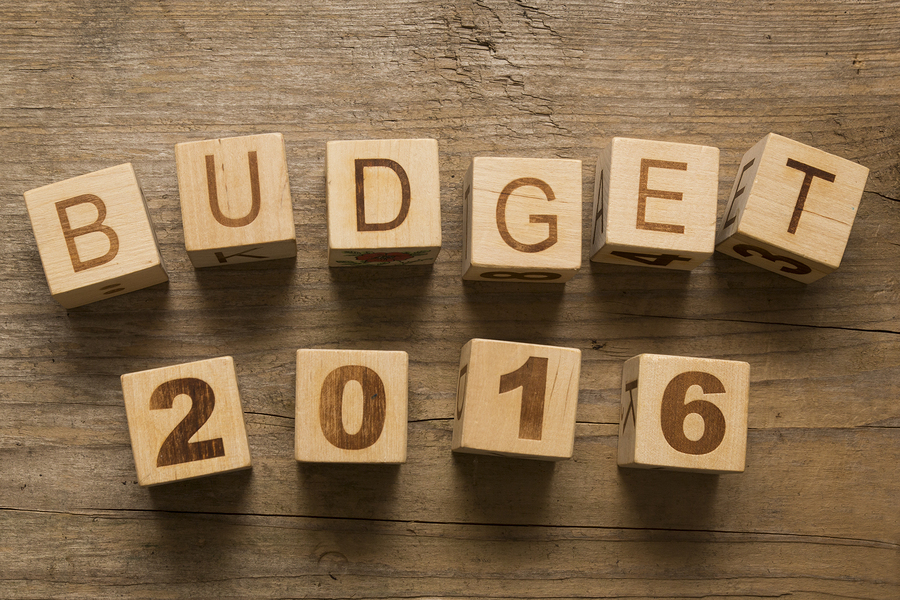- Kaduna Assembly Okays N214bn Budget for 2017
The Kaduna State’s 2017 Appropriation Bill of N214bn was on Thursday passed into law by the state House of Assembly three weeks earlier than it did last year.
The lawmakers approved N214.921bn as 2017 budget for the state as against N172bn it approved for 2016.
The state Governor, Mallam Nasir el-Rufai, presented the draft appropriation bill, which he christened, “Budget of jobs, social justice and equity” to the lawmakers on October 12, 2016 for approval.
The approved budget was, however, N1bn less than the budget proposal the governor had forwarded to the Assembly.
The Speaker of the Assembly, Alhaji Aminu Shagali, who read the content of the budget clause by clause, said N83.46bn was approved for recurrent and N131.45bn for capital expenditure.
He said the budget would cover from now till December 31, 2017.
The Chairman, House Committee on Appropriation, Alhaji Ahmed Mohammed, later told newsmen that the N1bn cut from the original proposal was from the expected revenue of two agencies.
He said that revenue projection of the state Geographic Information System and Internal Revenue Service was reduced by N500m for each of the agencies, “in view of current economic realities.”
He gave the assurance that the Assembly would monitor the implementation to ensure that it served the people better.
The governor said, “We are proud of the Kaduna State House of Assembly for not padding or inflating the budget.’’
El-Rufai’s Special Assistant on Media and Publicity, Samuel Aruwan, in a statement, said education, infrastructure and health got the biggest budgetary allocations.
The state Commissioner for Budget and Planning, Muhammad Abdullahi, who gave a breakdown of the budget, confirmed that education was allocated N44.84bn; health N10.49bn; water N8.6bn; infrastructure N24.50bn; while agriculture got N4.6bn.
Speaking earlier at the presentation of the draft estimates, the governor said, “Moments of recession have an outsized adverse effect on the most vulnerable and we must not let it persist.
“Therefore, we reinforce our commitment to social justice by retaining high levels of spending on our social programmes. Social justice obliges us to sustain investments in education, health, infrastructure and social development.”

 Forex2 weeks ago
Forex2 weeks ago


 Naira1 week ago
Naira1 week ago
 Naira4 weeks ago
Naira4 weeks ago
 Company News4 weeks ago
Company News4 weeks ago




 Naira1 week ago
Naira1 week ago
 Billionaire Watch1 week ago
Billionaire Watch1 week ago




 Naira3 weeks ago
Naira3 weeks ago




 Naira1 week ago
Naira1 week ago





















